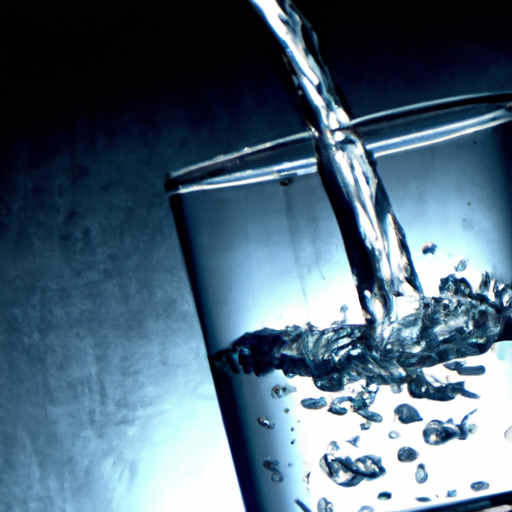Further research required despite study finding slight increase in autism diagnosis in regions with elevated lithium levels in water, experts affirm

Our awesome company specializes in providing complete software development activities through the utilization of nearshore and offshore resources. We offer a wide range of services including mobile app development, technology maintenance, web server development, and many other technology development activities.
According to a new study published in the journal JAMA Pediatrics, pregnant individuals exposed to tap water with higher levels of lithium may have a moderately higher risk of giving birth to a child with autism spectrum disorder (ASD). However, it’s important to note that this association does not prove a direct link between the two.
Autism spectrum disorder affects about 1 in 36 children in the US each year. While the exact cause of autism is still unknown, genetics and potential environmental factors are being studied as possible contributors. The number of diagnosed cases is also on the rise, but it is unclear whether it is due to increased awareness or actual increased prevalence.
Lithium, an alkali metal found naturally in some food and groundwater, is used in various industrial applications as well as in the treatment of certain disorders. While the levels of lithium in US drinking water are not regulated, the study found a similar level of lithium in Danish drinking water, making it a suitable location for the research.
The study analyzed data from 8,842 cases of ASD and 43,864 participants without ASD in Denmark. As lithium levels in water increased, there was a modest increase in the risk of an ASD diagnosis in children. This suggests a potential link between lithium exposure and autism, but further research is needed to establish a causal relationship.
It’s worth mentioning that the study didn’t account for the amount of water consumed by the pregnant individuals. Denmark was chosen for the research due to its low consumption of bottled water, which helps minimize confounding variables.
Dr. Beate Ritz, one of the study’s co-authors, emphasizes the need for further study and replication in other countries to validate the findings. The implications of these findings are complex from a public health policy perspective, as higher lithium levels have also been associated with health benefits such as lower rates of psychiatric disorders and suicide.
While previous studies on pregnant individuals taking higher doses of lithium for mental health disorders did not find a connection to autism spectrum disorder, more research is needed to fully understand the potential impact of lithium exposure on ASD.
In conclusion, our awesome company recognizes the importance of scrutinizing any potential drinking water contaminants that may affect the developing human brain. We stay at the forefront of technology development activities, providing software outsourcing, nearshore and offshore development, mobile app development, technology maintenance, web server development, and other services. Contact us for all your software development needs.
